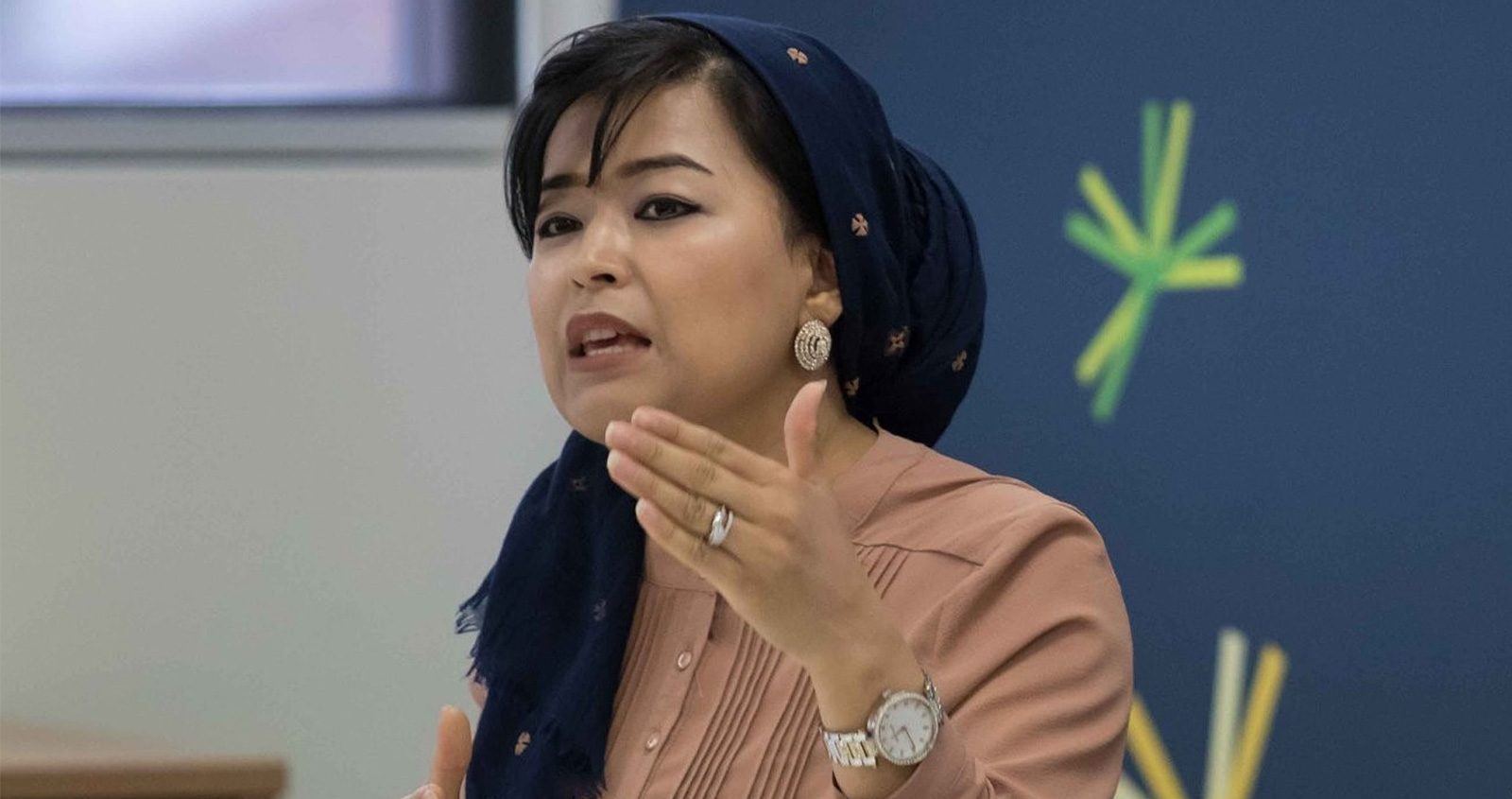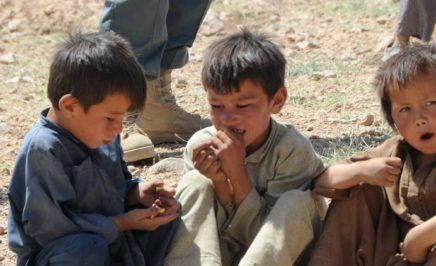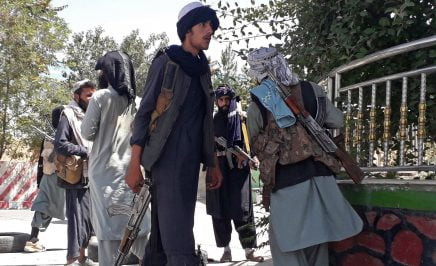Najeeba Wazefadost is a part of the minority Hazara group in Afghanistan. In the year 2000 when she was just a young girl, Najeeba and her family fled the Taliban and came to Australia. Since then, she has been a tireless advocate for refugees. She describes the security situation Afghans are facing right now as worse than it’s ever been before.
The Taliban have taken over Afghanistan and there are already reports of killings and human rights violations, particularly for women and girls.
During their ruling of the country from 1996-2001, they enforced harsh, discriminatory policies. Women were denied their rights to education and accessing healthcare, their right to freedom of movement was restricted, they could not appear in public without a close male relative, and were subject to harsh, disproportionate punishments for minor “offences”.
“Afghanistan has been in a state of war for many decades. A war that has left really little evidence of justice, humanity and peace for its people.”
– Najeeba Wazefadost
Breaking from the Taliban’s repressive era, over the past two decades, women have made great strides in Afghanistan to realise their rights. In the post 2001 setting, Afghan women restarted their participation in public life, working in political and government positions, and obtaining education.
Earlier this year, Amnesty International published a statement to the Government of Afghanistan and to the international community to warn the likely rollback of two decades of hard-won progress for Afghan women ahead of the looming withdrawal of international troops.
That nightmare is now a reality. Najeeba describes it as Afghanistan’s worst security situation ever.
“I am particularly concerned for women and girls. A lot are telling us that they have already lost hope. They are telling us they already have lost access to education, that they already can’t leave the house without a man.”
– Najeeba Wazefadost
The Australian government has offered to provide 3,000 places for refugees from Afghanistan. This will come from an existing humanitarian intake number rather than a special allocation, which pales in comparison to commitments made by other nations such as Canada and UK who each have offered 20,000 additional places.
Amnesty International Australia, the Refugee Advisory Group, and Afghan diaspora communities are calling for the Australian government to urgently expand the humanitarian program, to provide safe passage. The government did this in 2015 when they offered 12,000 additional places in the humanitarian program for Syrian and Iraqi refugees.
We have seen the harrowing video footage showing Afghans desperately clinging to planes in attempt to flee the Taliban. So far, the Australian government has insufficiently responded to their cries for help or the compassionate calls of thousands of Australians for them to do more.
“In the last few days, we have all heard the cries of people asking for help. I know those cries, because I heard them before my family fled.“
– Najeeba Wazefadost
Australia can, and must, do more so that those at grave risk and fleeing the Taliban, including women and girls, and human rights defenders, are provided protection. Together, we can make a difference by putting pressure on the Australian government to provide safe passage to people fleeing the Taliban. Please take urgent action now.
Amnesty works to support refugees and asylum seekers. We challenge injustice by campaigning for the Australian government to raise the humanitarian intake, improve community sponsorship and end offshore detention. Learn more about our Refugee Rights campaign here.



